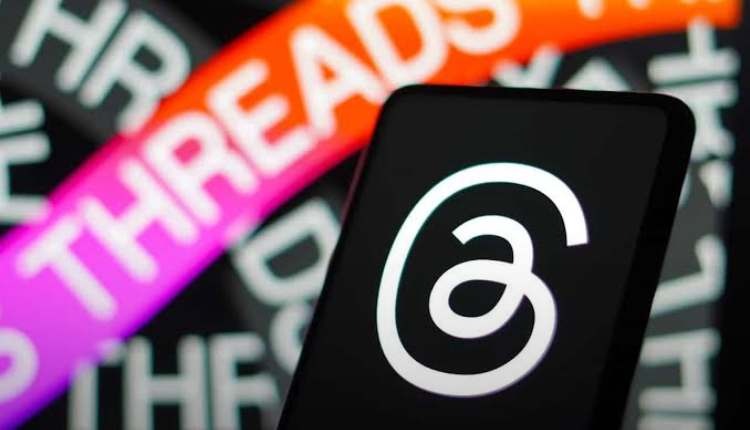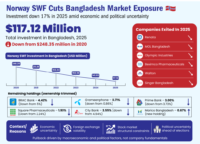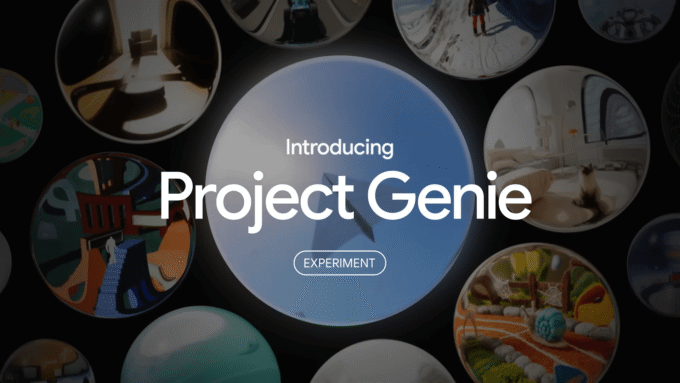As the 2024 U.S. Presidential Election approaches, Meta, the parent company of Facebook, is extending its fact-checking program to include content on Threads, its Twitter-like app. This move is prompted by the app’s growing popularity, boasting over 100 million users and witnessing increasing engagement. Meta aims to counter misinformation and harmful content as Threads becomes a hub for various communities. With new features and sports community initiatives, Threads is gaining momentum, particularly among NBA fans.
Reportedly, fact-checking on Threads, scheduled for early next year, will enable third-party fact-checking partners to review and rate false content specific to the app. Currently, fact-check ratings from Facebook and Instagram are extended to Threads for identical content, but this expansion will cover unique Threads content as well. The decision aligns with Meta’s commitment to ensuring the responsible use of its platforms, especially during critical periods like elections.
Threads users will also gain more control over sensitive content exposure, mirroring features recently introduced on Instagram and Facebook. Users in the U.S. will have the option to adjust the default level of demotions on fact-checked content in their Feed. This move underscores Meta’s approach to offering users autonomy in managing their content consumption based on personal preferences. Fact-checking has become a topic of debate, with Meta’s initiatives facing criticism from notable figures like Elon Musk, who perceives it as a form of government censorship. Musk’s stance, while controversial, underscores the ongoing tension between content moderation and free expression on social media platforms.
As reported, in recent years, misinformation on social media has played a pivotal role in shaping public opinion, leading to increased scrutiny and measures to combat its spread. The upcoming U.S. election cycle adds urgency to Meta’s efforts, as the company aims to prevent the amplification of harmful content and manipulation of political discourse.
While Meta’s commitment to fact-checking is evident, the broader debate around misinformation, content moderation, and free speech remains a complex challenge for social media platforms. As the platform braces for heightened activity during the election season, the effectiveness and impact of these measures will undoubtedly be closely monitored. The responsibility lies not only with Meta but with the broader tech industry to address the intricate balance between fostering open dialogue and preventing the dissemination of false information.
For more updates, follow Markedium.










































Leave a comment